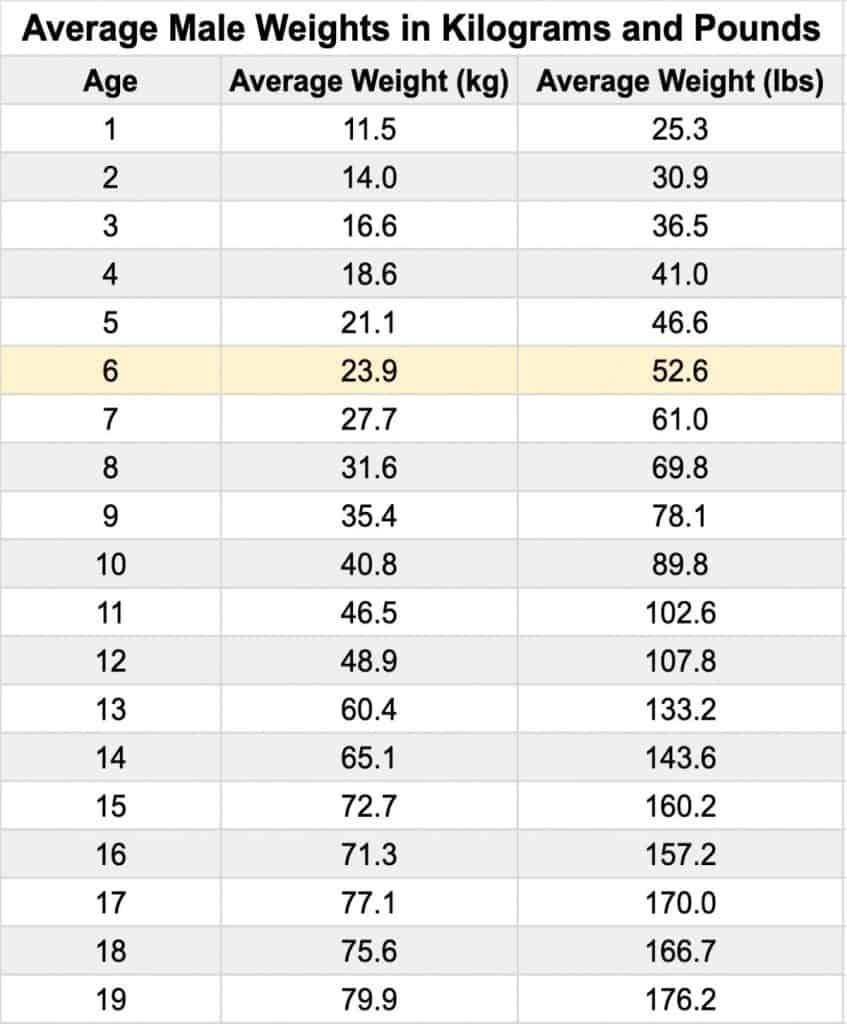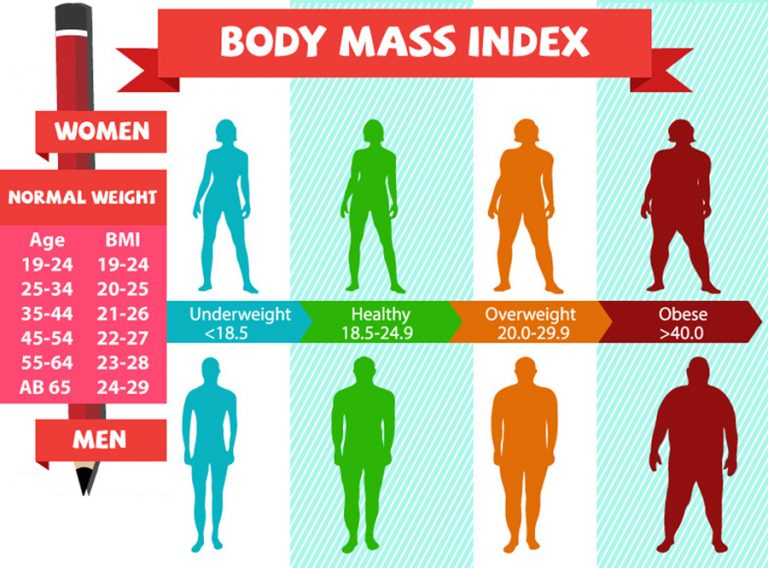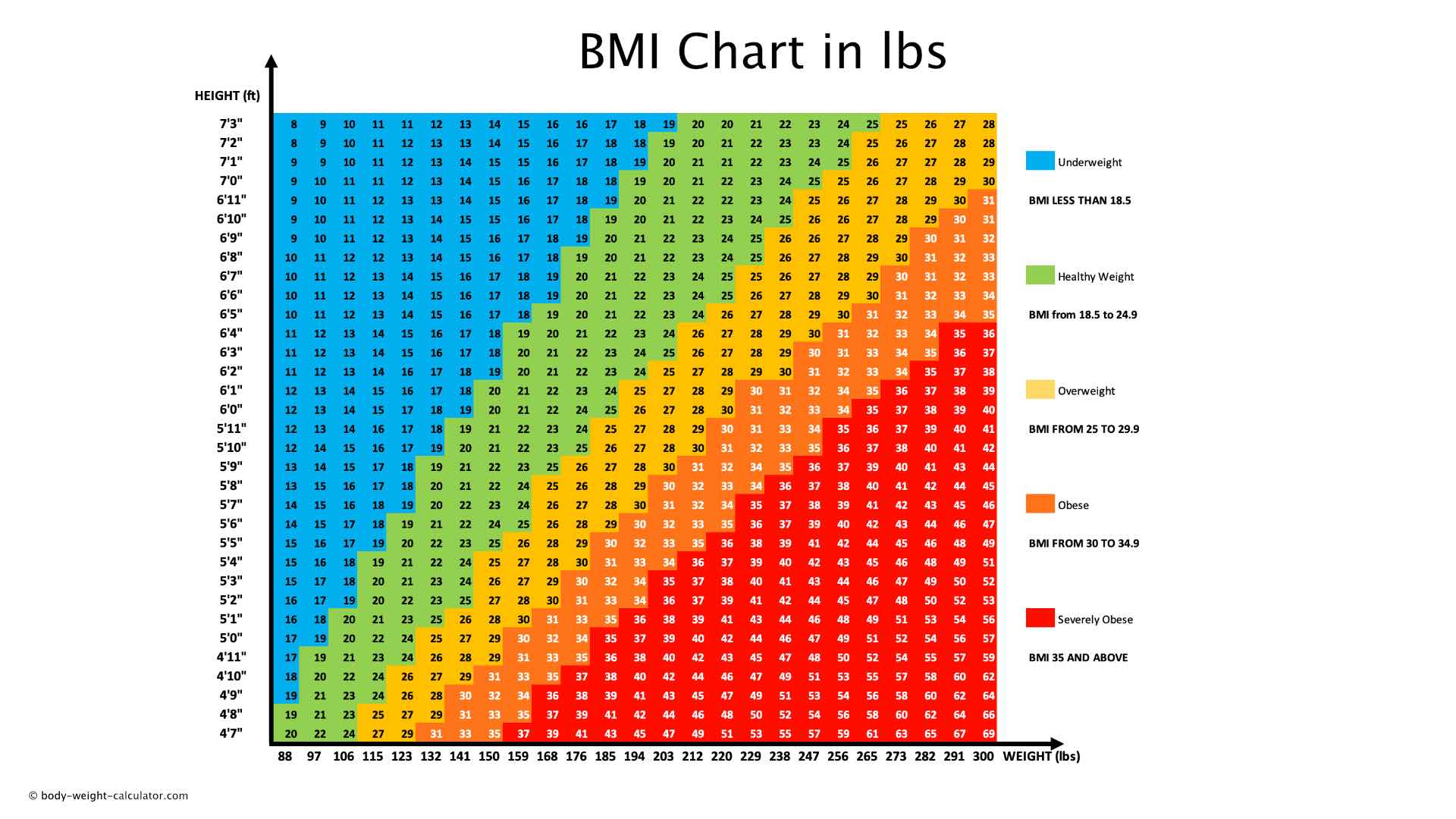Introduction: The Significance of Age and Height in Weight Assessment
When evaluating a person’s weight, it is essential to consider various factors, including age and height. These factors play a crucial role in determining the ideal weight range for an individual. This comprehensive guide focuses on the average weight for a 6-foot male across different age groups. Understanding these averages can help men maintain a healthy weight and reduce the risk of health issues associated with being underweight or overweight.
Unraveling the Average Weight for a 6-Foot Male Across Different Age Groups
A 6-foot male’s ideal weight range can vary significantly depending on his age. Generally, the average weight for a 6-foot male by age can be broken down as follows:
- In their 20s: The average weight for a 6-foot male typically falls between 150 and 175 pounds (68 to 79 kg).
- In their 30s: The average weight for a 6-foot male may increase slightly, ranging from 155 to 180 pounds (70 to 82 kg).
- In their 40s: The average weight for a 6-foot male may continue to rise, with a typical range of 160 to 185 pounds (73 to 84 kg).
- In their 50s and beyond: The average weight for a 6-foot male may continue to increase, but individual results can vary widely due to factors such as lifestyle, diet, and genetics.
It is important to note that these ranges are approximate and can differ based on factors such as body composition, fitness level, and overall health. Aiming for the midpoint of the suggested range is generally a good starting point for maintaining a healthy weight.
How to Properly Measure Weight and Height for Accurate Assessment
To ensure accurate weight and height assessment for a 6-foot male, follow these guidelines:
Measuring Height
To measure height accurately, follow these steps:
- Remove your shoes and any headwear.
- Stand with your back against a wall, ensuring that your heels, buttocks, and shoulder blades are touching the wall.
- Keep your head in a neutral position, facing straight ahead.
- Make a mark on the wall at the top of your head.
- Measure the distance from the floor to the mark using a tape measure or a ruler, ensuring that it is level.
Measuring Weight
To measure weight accurately, follow these steps:
- Use a digital scale for the most accurate results.
- Ensure that the scale is on a hard, flat surface.
- Step onto the scale, making sure that your weight is evenly distributed.
- Record the weight displayed on the scale, ensuring that you are not holding any items that may affect the measurement.
Accurate measurements of weight and height are crucial for evaluating health and determining whether an individual falls within the average weight range for their age group. By following these guidelines, you can ensure that your assessments are as precise as possible.
The Role of Body Composition in Weight Assessment: Muscle Mass vs. Body Fat
When evaluating the weight of a 6-foot male, it is essential to consider body composition, specifically the balance between muscle mass and body fat. Muscle is denser than fat, meaning that two individuals with the same weight may have vastly different body compositions and overall health.
Muscle Mass
Muscle mass is a critical component of a healthy body. It contributes to strength, mobility, and overall well-being. A 6-foot male with a higher muscle mass may weigh more than someone with less muscle mass, but this does not necessarily indicate poor health. In fact, increased muscle mass can lead to a higher metabolism, making it easier to maintain a healthy weight.
Body Fat
Excess body fat, particularly around the abdominal area, can negatively impact health. High levels of body fat are associated with an increased risk of conditions such as heart disease, diabetes, and certain types of cancer. A 6-foot male with a higher body fat percentage may be at a greater risk for these health issues, even if their weight falls within the average range for their age group.
To accurately assess health, it is necessary to consider both weight and body composition. Tools such as bioelectrical impedance analysis (BIA) or dual-energy X-ray absorptiometry (DXA) can provide detailed information about muscle mass and body fat percentages. By focusing on overall health, rather than just weight, a 6-foot male can work towards maintaining a balanced and sustainable lifestyle.
Factors Influencing Weight Variations in 6-Foot Males Across Age Groups
Various factors can contribute to weight variations among 6-foot males, including genetics, lifestyle, and dietary habits. Understanding these factors can help you maintain a healthy weight range and reduce the risk of health issues associated with being underweight or overweight.
Genetics
Genetics play a significant role in determining body type, muscle mass, and metabolism. Some individuals may naturally have a higher or lower weight due to their genetic makeup. While it is essential to consider genetics, it is also crucial to focus on modifiable factors that can impact weight, such as diet and exercise.
Lifestyle
Lifestyle factors, such as physical activity levels and sleep patterns, can significantly influence weight. A sedentary lifestyle, coupled with poor sleep habits, can contribute to weight gain and hinder weight loss efforts. Engaging in regular physical activity and prioritizing quality sleep can help maintain a healthy weight.
Dietary Habits
Dietary habits are one of the most critical factors in determining weight. Consuming a balanced diet with appropriate calorie intake, along with adequate protein, fiber, and essential nutrients, can support a healthy weight. Avoiding excessive processed foods, sugars, and unhealthy fats can help prevent weight gain and promote weight loss when necessary.
By being aware of these factors, a 6-foot male can make informed decisions about their lifestyle and dietary habits to maintain a healthy weight range and support overall well-being.
Health Implications of Being Underweight or Overweight as a 6-Foot Male
Maintaining a healthy weight range is crucial for the overall well-being of a 6-foot male. Being underweight or overweight can have significant health consequences, impacting various aspects of physical and mental health.
Health Risks of Being Underweight
Being underweight can lead to numerous health issues, including malnutrition, a weakened immune system, and decreased muscle mass. It may also increase the risk of osteoporosis, fertility problems, and mental health disorders such as depression and anxiety.
Health Risks of Being Overweight
Carrying excess weight, particularly around the abdominal area, can contribute to various health problems, such as heart disease, high blood pressure, diabetes, sleep apnea, and certain types of cancer. Additionally, being overweight can negatively impact mobility, energy levels, and self-esteem.
To maintain a healthy weight range, it is essential to consider factors such as genetics, lifestyle, and dietary habits. By making informed decisions about these aspects, a 6-foot male can work towards achieving and maintaining a healthy weight, thereby reducing the risk of health issues associated with being underweight or overweight.
Strategies for Achieving and Maintaining a Healthy Weight for 6-Foot Males
Maintaining a healthy weight range is essential for overall well-being. By implementing practical strategies tailored to a 6-foot male’s needs, it is possible to reach and maintain a healthy weight. Here are some tips to consider:
Balanced Diet
Aim for a balanced diet that includes a variety of whole foods, such as fruits, vegetables, lean proteins, whole grains, and healthy fats. This approach ensures that you consume essential nutrients, vitamins, and minerals while controlling calorie intake. Additionally, pay attention to portion sizes and avoid excessive processed foods, sugars, and unhealthy fats.
Regular Physical Activity
Engage in regular physical activity to support weight management and overall health. Aim for a combination of cardiovascular exercises, such as running, swimming, or cycling, and strength training, which helps build muscle mass and boost metabolism. Incorporate activities you enjoy to increase the likelihood of adhering to a consistent exercise routine.
Stay Hydrated
Proper hydration is crucial for overall health and can aid in weight management. Adequate water intake helps regulate appetite, maintain healthy digestion, and support metabolic functions. Aim to drink at least eight 8-ounce glasses of water per day, but adjust based on individual needs and activity levels.
Consistent Sleep Patterns
Quality sleep plays a vital role in weight management and overall health. Prioritize consistent sleep patterns, aiming for 7-9 hours of sleep per night. Adequate sleep helps regulate hormones that control appetite and metabolism, making it easier to maintain a healthy weight.
By incorporating these strategies, a 6-foot male can work towards achieving and maintaining a healthy weight range, ultimately reducing the risk of health issues associated with being underweight or overweight.
Conclusion: Emphasizing the Importance of a Balanced Lifestyle for Overall Health
In conclusion, understanding the average weight for a 6-foot male across different age groups is crucial for evaluating personal health and well-being. By recognizing the significance of age and height in weight assessment, you can make informed decisions about your health and work towards maintaining a healthy weight range.
Proper measurement of weight and height, along with an awareness of body composition, can provide valuable insights into overall health. Factors such as genetics, lifestyle, and dietary habits contribute to weight variations among 6-foot males, and understanding these factors can help you make adjustments to support a healthy weight.
Maintaining a healthy weight range is essential for reducing the risk of health issues associated with being underweight or overweight. By implementing practical strategies, such as a balanced diet, regular physical activity, consistent sleep patterns, and proper hydration, a 6-foot male can work towards achieving and maintaining a healthy weight.
Ultimately, focusing on a balanced lifestyle rather than solely on weight is key to overall health and well-being. By adopting a holistic approach, you can prioritize your health, improve your quality of life, and foster a positive relationship with your body.






